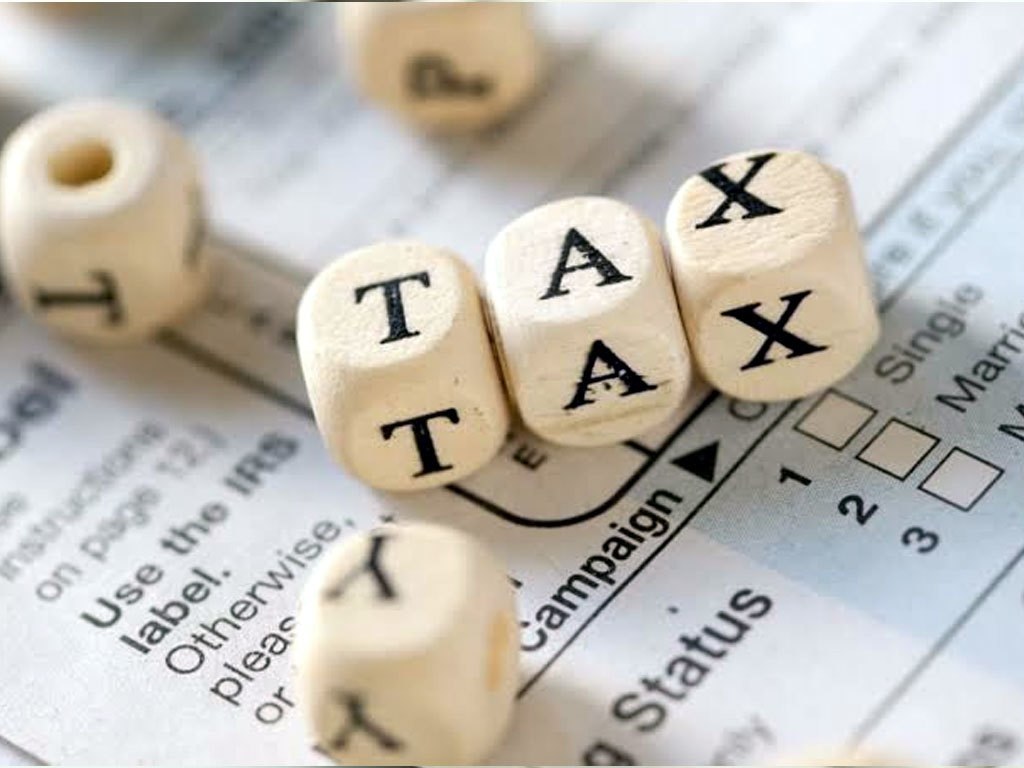In what is arguably its first major initiative towards tax policy and administration in several years, Pakistan Institute of Development Economics (PIDE) has recently come out with a paper titled ‘Growth inclusive policy: a reform proposal’.
In summary, the paper brings home the point that the country’s business and economics community has been stressing on for years, but to no avail. Perhaps, now that these messages come from the government’s own think tank, the mandarins might listen -- although don’t get your hopes up too much: the most recent Tax Reform Commission’s (TRC) reports are still catching dust. And TRC’s recommendations were somewhat similar to what PIDE is proposing in its recent paper.
Mandatory filing above a certain threshold; doing away with WHT-isation of economy (at least doing away with the long list of revenue non-spinners); doing away with the filer-non-filer non-sense; simplifying taxes and tax laws; making tax filing more user friendly; moving toward integrated VAT without exemptions; addressing under-invoicing and transfer pricing issues; and a whole list of other solutions have been put on the table.
PIDE’s paper strengthens the view that by now there is broad consensus among Pakistan’s business and economics community, both in terms of major problems and their solutions. There is of course debate over tax rates. For instance, big boys at Pakistan Business Council aren’t very much in favour of flat taxation as advocated by Dr Ikram Ul-Haq; nor are they for favouring commercial importers. Important as these are, they are under-the-hood issues which will always draw debate. But as such most relevant segments agree that broad issues like transfer pricing be addressed; that taxes be simplified and so forth. Yet somehow, despite growing consensus, Pakistan has managed to elude tax reforms.
Other than the usual suspect of political will, eventually, it also boils down to addressing FBR as the source of the problem itself. Soon after PTI came to power, it had separated tax policy with administration. But that policy board hasn’t met as often as it should. As for FBR, there is a clear need to fix its human resources. (See BR Research’s ‘FBR’s human resource problem’ Mar, 4 2020)
It is no measure of sanity to keep giving new vehicles to the same blind man who managed to crash three other vehicles before; new tax policies by same old FBR team will lead to similar affect. Yet, somehow FBR’s management, governance and HR has hardly been an area of research in Pakistan’s search for tax reforms, save for the decade-old mantras of key performance indicators, and data analytics. One hopes that PIDE will consider research on these affairs as it takes on taxation in its research agenda in the ensuing years.
As for documentation, the government needs to change the rules of Director General Trade Organization (DGTO) that govern chambers and associations. As per current DGTO rules, businesses only need to have NTN/sales tax number to be part of a trade body. While big business chambers, such as Karachi’s or Rawalpindi’s, have their own regulations that demand its members to be active tax filers, it is not a requirement under DGTO rules, which is why most associations and smaller chambers have members who are not active tax filers.
If the government makes it a requirement for trade bodies to have active tax filers as members, while simultaneously passing a law that demands every business must become a part of at least one relevant business chamber and association, ala Turkey, then it would not only lead to increasing number of active filers but also result in reforming the trade bodies. It may lead to competition among trade bodies, and also help professionalize them, which in turn can go a long way towards tax and overall economic reform.





























Comments
Comments are closed.